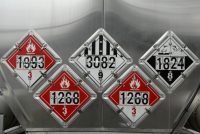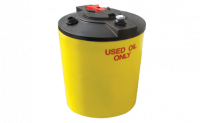Are You Ready to Submit Your 2019 Biennial Report?
As hazardous waste large quantity generators (LQGs) and hazardous waste treatment, storage, and disposal facilities (TSDFs) know all too well, the Resource Conservation and Recovery Act (RCRA) requires them to report every two years on the quantities, types, and management methods of hazardous wastes generated on-site and hazardous wastes received from off-site sources. Referred to […]










